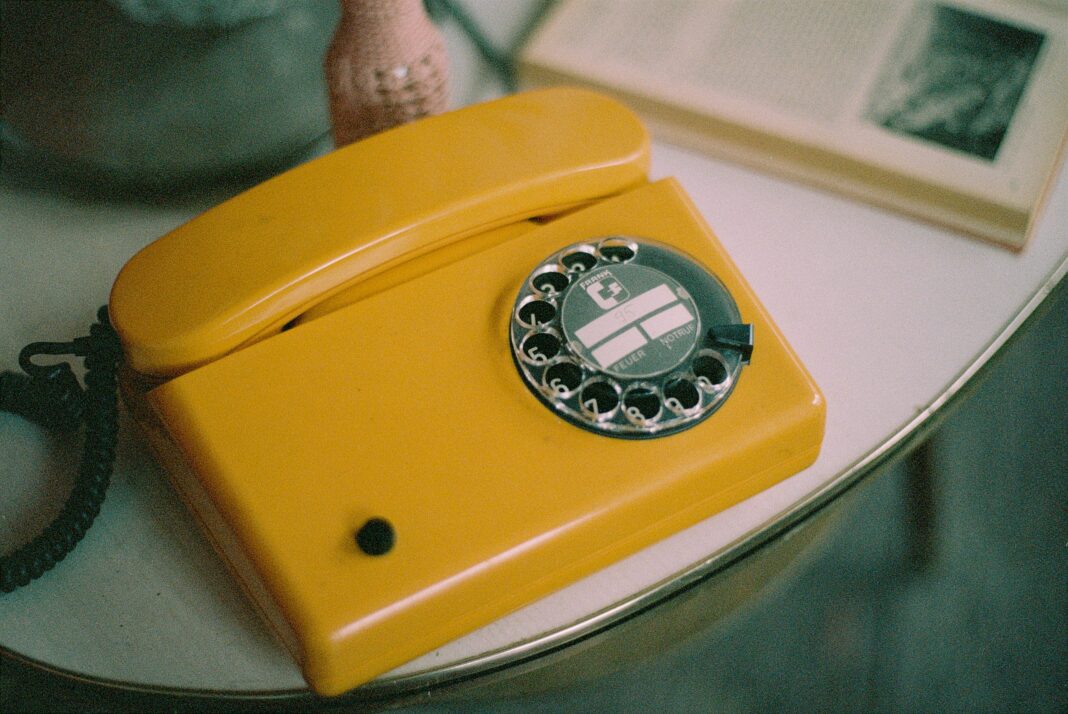Key Takeaways:
- Analog phones offer unmatched reliability and security in crucial sectors.
- In times of emergency, the analog’s simplicity becomes its greatest asset.
- The resurgence of analog can be credited to its durability and high-quality communication.
Table of Contents:
- The Resurgence of Analog Technology in Modern Business
- Unpacking the Durability and Security of Analog Phones
- The Role of Analog Phones in Emergency Services
- Sustainability and Cost-Effectiveness of Analog Communication
The Resurgence of Analog Technology in Modern Business
Amidst a digital era where high-tech devices seem to dominate, the steadfast reliability of analog corded telephones has sparked a renewed interest within industrial settings. These devices sustain operations during unforeseen disruptions and instill a sense of robust assurance in critical communication needs. With superior connectivity that surpasses that of their more advanced counterparts during power outages, analog phones uphold a lifeline for businesses regardless of circumstances, ensuring a flow of communication that becomes indispensable in times of need.
The simplistic mechanics of analog phones epitomize that sometimes, less is more. The absence of sophisticated electronic components intrinsic to digital systems means that analog devices are less likely to suffer from glitches that can disrupt communications. Their straightforward nature translates to easier troubleshooting and maintenance – advantages revered in sectors where communication breakdowns can lead to significant operational delays or critical safety hazards.
Unpacking the Durability and Security of Analog Phones
The simplicity of analog phones means fewer points of failure, translating into an enviable track record for continuity in the toughest situations. Such durability reduces repair times and ensures that communication remains steadfast—a critical requirement in sectors where constant connectivity is the backbone of everyday operations.
Beyond their robust exterior, analog phones excel in security. They operate on wired connections that are significantly harder to tap into than wireless digital transmissions. In an era where cyber threats are omnipresent, the inherent security of analog calls becomes their standout feature, especially for industries that deal with sensitive data. Legal offices, healthcare institutions, and financial enterprises frequently leverage analog lines to preserve the confidentiality of their communications. Analog’s reduced risk of interception and simplicity make it less susceptible to hacking, reassuring sectors that prioritizing privacy is paramount.
From military operations where secure communication is vital to the integrity of missions to financial transactions where a breach could have monumental repercussions, analog phones remain the bedrock of reliable and secure communication channels.
The Role of Analog Phones in Emergency Services
Emergencies challenge the resilience of our communication systems, and this is where analog technology shines. During crises, analog phones’ functionality often outlasts modern digital systems. As part of the critical infrastructure, numerous emergency response centers adhere to protocols that include analog lines by 911 Technical Standards. These standards are not arbitrary but based on the proven dependability of analog systems operating even when cellular networks and power grids are compromised.
Analog communication has been a defining factor in successful emergency responses. Instances such as severe weather events have repeatedly underscored the resilience of analog phone lines. Analog’s robust nature proves especially significant during these occasions, facilitating instantaneous communication crucial for coordinating rescue and relief efforts in real-time. This reliance on analog technology is a deliberate choice, influenced by the historical evidence of its steadfast performance when it matters most.
Sustainability and Cost-Effectiveness of Analog Communication
The longevity and maintenance ease of analog phone systems inadvertently lend themselves to sustainability principles, an increasingly pertinent topic in current business discussions. With a remarkable lifespan that far extends that of modern digital equipment, analog phones serve as an archetype for durability. The e-waste generated by regularly outdated digital devices starkly contrasts the single, long-lasting analog set that often requires minimal updates to remain functional. As green initiatives gain traction, analog telephony emerges as an economic ally for organizations and an environmentally considerate option.
Continued investment in analog systems can yield substantial cost savings over time. Organizations with existing analog infrastructure face the realistic consideration of the financial consequences of a full-scale digital transition.

